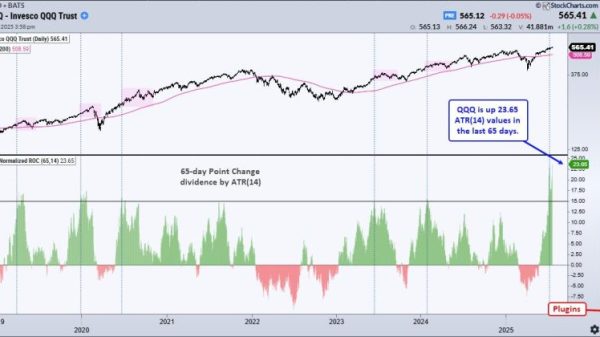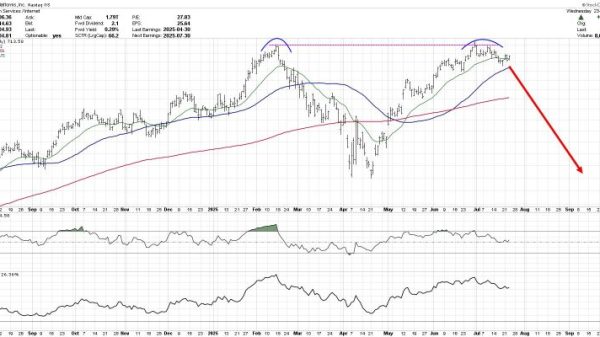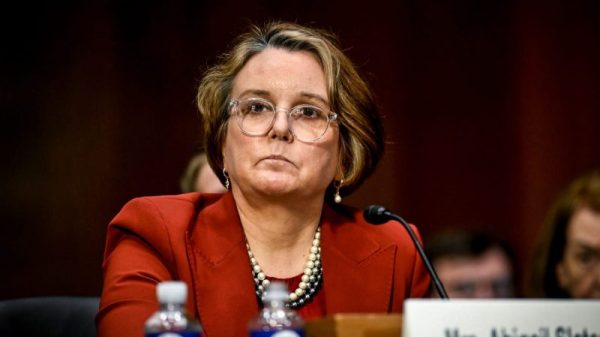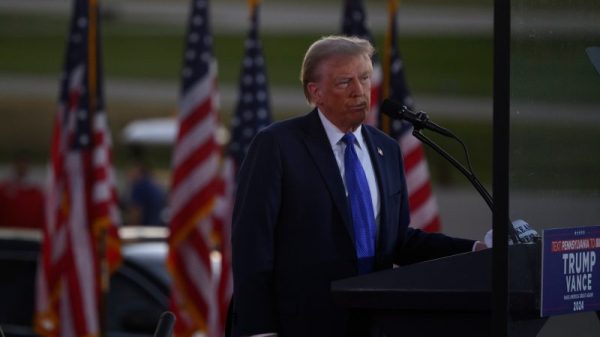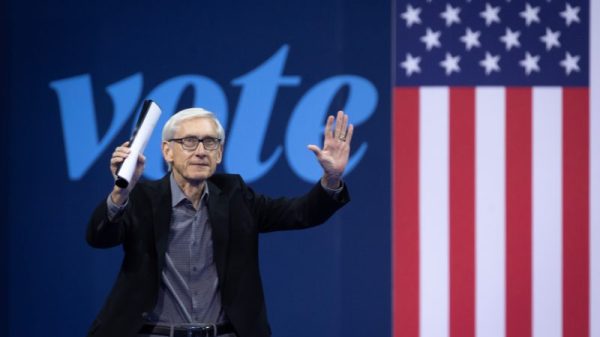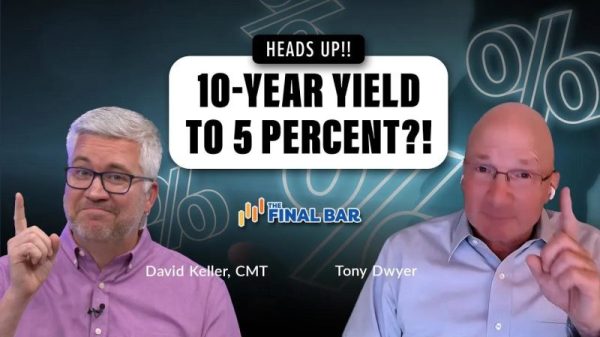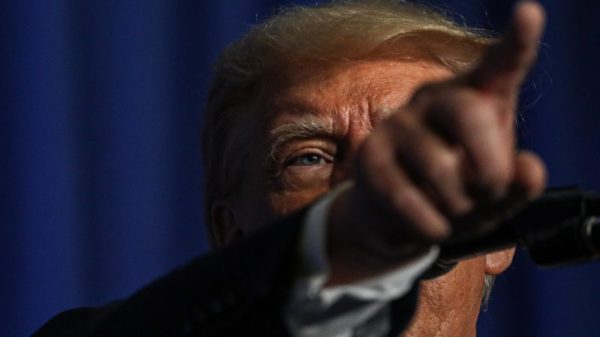On the Friday before Labor Day, President Joe Biden issued a decision that has upset the federal labor force he has done much to please.
The White House, in a letter to Congress, officially proposed an average 2 percent pay raise for civilian federal workers in 2025 — less than half the proposed 4.5 percent bump for military personnel and way below the 7.4 percent hike pushed by congressional Democrats.
Biden’s plan also is significantly less than the average increases of 5.2 percent this year and 4.6 percent in 2023, and below the cost of living. For the last 12 months, the inflation rate, as measured by the consumer price index, was 2.9 percent, almost 50 percent more than Biden’s pay raise plan.
“This below-market pay increase fails to reflect trends in the private sector, where wages and salaries have risen, and unemployment rates are low,” said William Shackelford, president of the National Active and Retired Federal Employees Association (NARFE). “Nor does it keep up with persistent inflation, leaving civil servants with diminished purchasing power.”
Two government reports have differing perspectives on federal pay compared with other employers.
In April, the Congressional Budget Office said “overall, total compensation was about 5 percent higher, on average, for federal workers than for similar private-sector workers.” That was according to data from 2022, before the 2023 and 2024 pay raises. Total compensation includes pay and benefits. In a February report not mentioning benefits, the Federal Salary Council said feds overall were paid 27.5 percent less than nonfederal workers in similar occupations in 2023.
Democratic Rep. Gerry Connolly (Va.), whose legislation with Sen. Brian Schatz (D-Hawaii) calls for the 7.4 percent jump, said he splits with Biden on “two fundamental” points — the below-inflation-rate increase and the lack of pay raise parity with the military. Pay parity generally has been the case in recent years, so “this sets us back,” Connolly said by telephone.
“Is inflation higher for the military than it is for civilians?” he asked rhetorically. “Is the cost of living different on military base and or in military communities than it is elsewhere in the United States? Are there unique inflationary or cost pressures affecting the military that civilian workforce does not face? The answer to all of that, of course, is no.”
Although Biden’s proposal does not keep up with rising costs, his letter couched that smaller pay boost as a means to “attract, recruit, and retain a skilled workforce with fair compensation in order to keep our Government running, deliver services, and meet our Nation’s challenges today and tomorrow.”
Despite the disparities with recent increases and the inflation rate, Biden said the 2 percent bump “will continue to allow the Federal Government to employ a well‑qualified Federal workforce on behalf of the American people, acknowledging wage growth in the labor market and fiscal constraints.”
Curiously for a president who proclaimed “we have the best economy in the world” during this year’s State of the Union address, Biden’s letter justified the small raise by citing a federal law that invokes calamitous situations.
The law “authorizes me to implement alternative plans for pay adjustments,” he wrote, adding “because of ‘national emergency or serious economic conditions affecting the general welfare,’ I view the increases that would otherwise take effect as inappropriate.”
What national emergency? What serious economic conditions?
The letter doesn’t say, and the White House, its Office of Management and Budget (OMB), and the Office of Personnel Management did not respond to these questions about the rationale, which has regularly been used by presidents over the years. An underlined statement from OMB to The Post did say, “The Administration prioritized providing Federal employees with the largest amount available while still maintaining fiscal responsibility and meeting the topline agreed to in the budget deal.” Absent presidential action, the average pay raise would have exceeded 25.7 percent, according to OMB, citing the Federal Employees Pay Comparability Act, a law that sets guidelines for pay to address disparities with nonfederal workers. The law uses disparity determinations from the Federal Salary Council, which issued its latest finding of 25.7 percent in January.
Federal worker advocates often cite the Federal Salary Council figures on pay disparity when calling for pay increases, but no one really expects budget-busting bumps in the vicinity of the huge gap cited in its reports.
The appropriate level of federal pay compared to nonfederal salaries has long fueled arguments between Democrats and Republicans, conservative think tanks and federal unions, with Democrats and unions favoring higher increases. Republicans on the House Oversight and Reform Committee, which oversees the federal workforce, did not respond to requests for comment.
In January, when Connolly, who represents a slice of Northern Virginia where many federal workers reside, proposed the 7.4 percent hike in the Federal Adjustment of Income Rates (FAIR) Act, he said: “The federal government has a history of chronic underinvestment in its most valuable asset: the federal workforce … A lack of competitive pay hurts the recruitment, retention, and quality of the civil service.”
Now the strong Democrat and vocal federal employee supporter says the president’s plan is “impossible to rationalize” and “we’re going in the wrong direction.”
Connolly didn’t sound certain when he expressed hope that “the Congress will take a fresh look at this and at least match the military pay increase.”
Disappointed union leaders generally have high praise for Biden. But even loved ones disappoint.
American Federation of Government Employees President Everett Kelley called Biden “the most pro-union president of my lifetime” in 2022, after the White House quickly reversed the Trump administration’s extensive list of antilabor policies. But in May, when Biden’s budget proposal first mentioned the 2 percent increase, Kelley said “we are extremely disappointed in the way this budget turns its back on the long-standing practice of pay raise parity for civilian and military employees of the federal government.”
“Let’s be honest,” said Randy Erwin, president of the National Federation of Federal Employees. “A 2 percent pay adjustment will not keep pace with inflation and amounts to a pay cut for federal workers.”
“President Joe Biden has been great for federal employees throughout his administration,” Erwin added, “which is what makes this proposed 2 percent adjustment so mystifying.”






